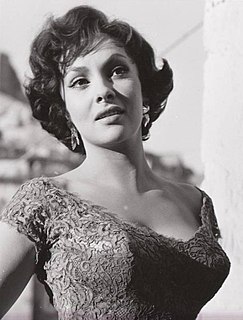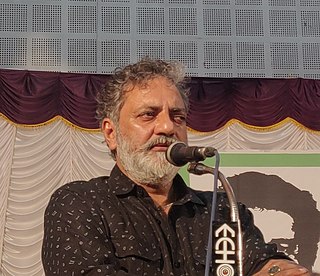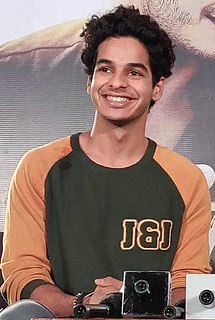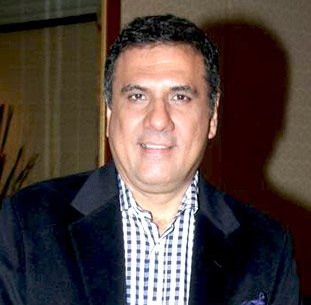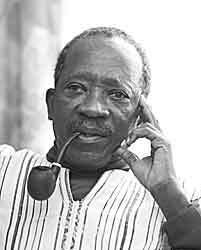A Quote by Sergio Leone
The American public is a very specialized public. The reason it is taken as a realistic film is because inside the fable, I've put that kind of reality in. And it could easily be called, instead of Once Upon a Time in America, Once Upon a Time There Was a Certain Kind of Cinema. Because it was also an homage to cinema.
Related Quotes
I first came to cinema as a passionate filmgoer, when I was a child. Then, when I was a very young man, I became a film critic precisely because of my knowledge of cinema. I did better than others because of this. Then I moved on to screenwriting. I wrote a film with Sergio Leone, 'Once Upon a Time in the West.' And then I moved to directing.
More than my other films, Uncle Boonmee is very much about cinema, that's also why it's personal. If you care to look, each reel of the film has a different style - acting style, lighting style, or cinematic references - but most of them reflect movies. I think that when you make a film about recollection and death, you have to consider that cinema is also dying - at least this kind of old cinema that nobody makes anymore.
I think that the ideal of young womanhood as it's seen in pop culture specifically is a really kind of vapid, conceited, concerned with money and looks kind of thing that you'll see in a lot of reality shows. And I think that's really damaging, not just because it's a terrible role model to put forth, but that it also puts across this idea to the American public that this is what young women are like, that this is what all young women in America are like.
The scene of independent cinema is already a large scene in America, and not in a negative way, but it's cluttered. It's very populated with just American films, so the room left for foreign movies is not extremely vast. The American public also does not really read. They don't read subtitles. But we're like that in Canada, too.
Shyam Benegal has found a lovely voice in this film. We've all seen the kind of cinema he's come up with over the years. His films like 'Mandi,' 'Manthan,' 'Sooraj Ka Saatvan Ghoda' all have revolutionised the face of Indian cinema. And in 'Well Done Abba,' he has once again found a relevant subject, which even youngsters can relate with.
I think cinema is needed throughout Africa, because we are lagging behind in the knowledge of our own history. I think we need to create a culture that is our own. I think that images are very fascinating and very important to that end. But right now, cinema is only in the hands of film-makers because most of our leaders are afraid of cinema.
My films are intended as polemical statements against the American 'barrel down' cinema and its dis-empowerment of the spectator. They are an appeal for a cinema of insistent questions instead of false (because too quick) answers, for clarifying distance in place of violating closeness, for provocation and dialogue instead of consumption and consensus.






